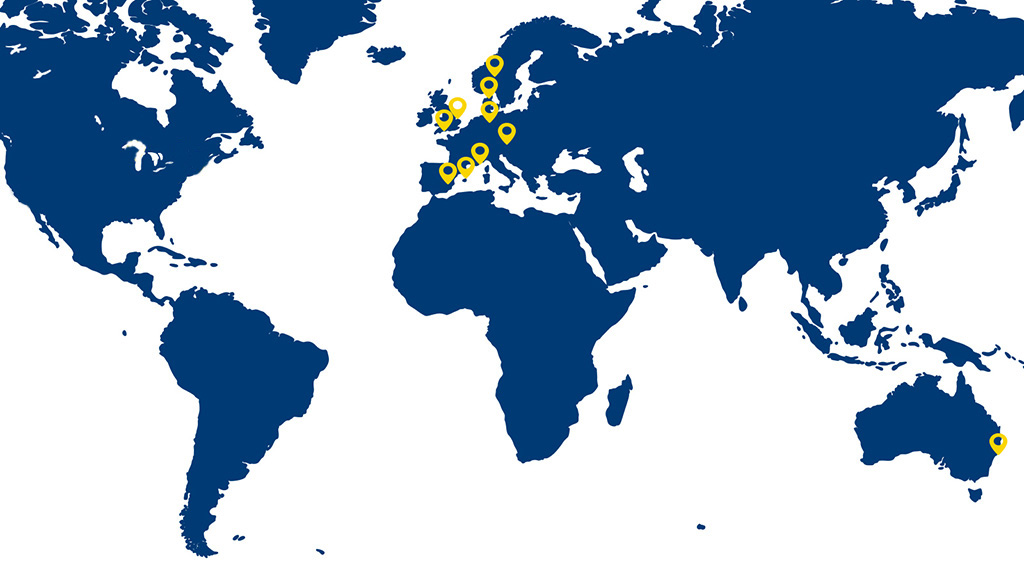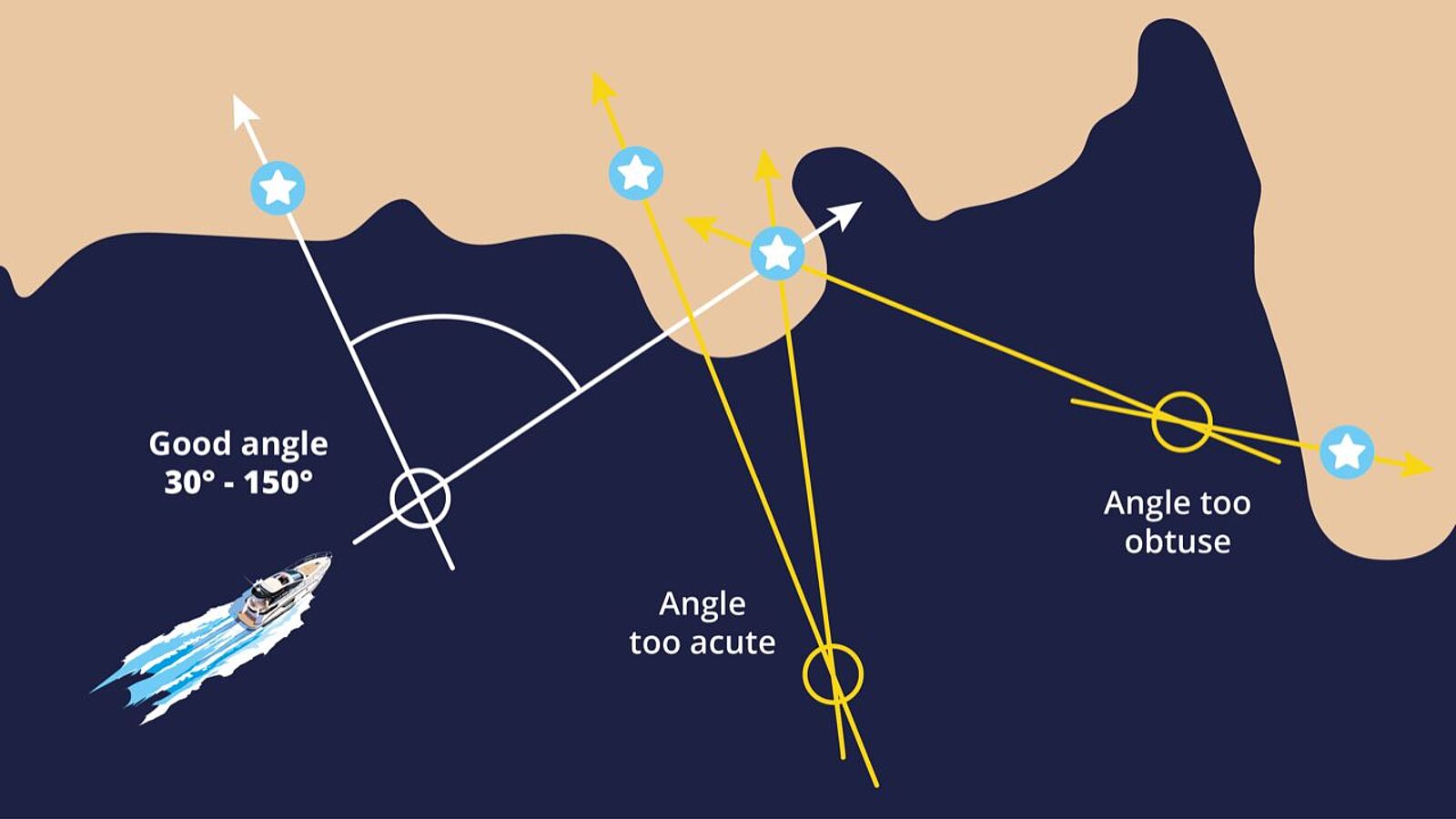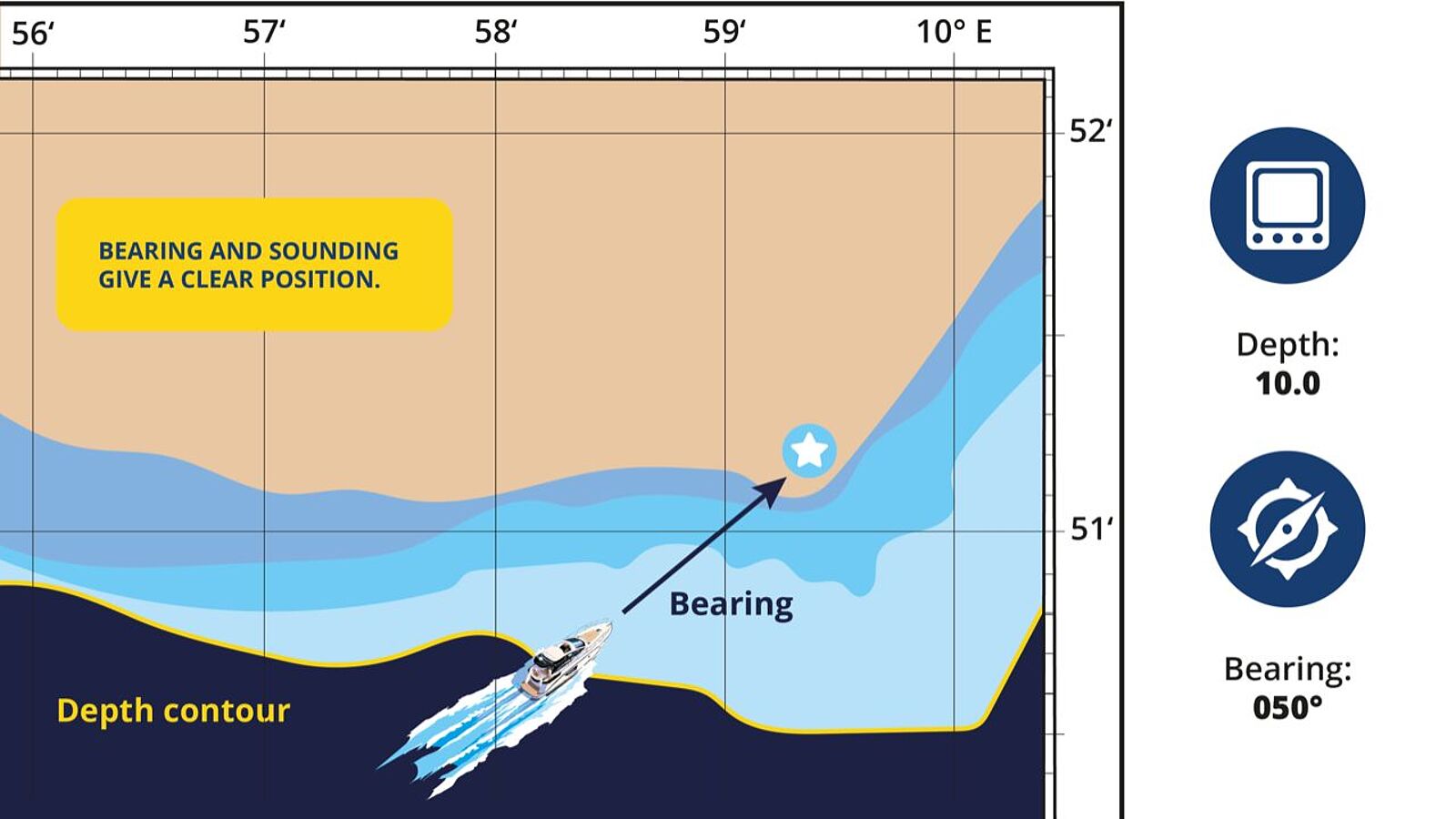
* Pantaenius UK Limited is authorised and regulated by the Financial Conduct Authority (Authorised No.308688)
Groundings account for a significant proportion of insurance claims at Pantaenius, highlighting the importance of careful navigation.
Timo Elfes, a seasoned sailing instructor with Pantaenius, offers valuable advice on planning your voyage to ensure a safe and enjoyable journey.

Prepare:
The first thing to remember is that navigation preparations begin well before stepping onboard. Prior to each voyage, understanding the conditions at your destination and along the route is crucial. Using comprehensive area guides helps identify potential challenges such as shallows, tides, restricted areas and changing water levels. Numerous sailing guides and handy websites provide detailed nautical information tailored to different regions.
Plan:
Thorough trip planning is essential as your departure date approaches. Whether navigating inland waterways or open seas, having up-to-date nautical charts is indispensable. Today, these charts are available in digital and analog formats. Ensuring the accuracy of these charts is critical; waterways evolve, wrecks appear, and buoys shift, making current charts essential, especially in tidal regions.
Safety:
Supplementing resources with local knowledge enhances safety. While nautical charts for leisure craft often prioritise commercial shipping routes, less-charted remote areas benefit from insights provided by local experts. Engage with harbour masters, fishermen, sailing instructors and boat charter companies for valuable navigational advice and to gain awareness of temporary weather patterns.
Redundancy:
Redundancy is key to safe navigation. Even on short trips, carrying at least two types of nautical charts is wise. Smartphones equipped with GPS can function as electronic charts using appropriate apps, but reliance solely on electronic devices poses risks, particularly with battery failure. Therefore, maintaining a paper chart on board is essential, a precaution that applies equally to vessels with fixed plotters. Tablets or smartphones can serve as supplementary aids but should not be relied upon exclusively.
Caution:
Caution is advised when using electronic charts; maintaining a high zoom level ensures visibility of critical details such as shallows, which may not be apparent at lower levels. Mismanagement of electronic plotters has contributed to several unfortunate incidents during racing, regattas and the like.
Bearings:
Navigating during emergencies requires resilience against disruptions such as GPS interference or electronics failure. Regularly plotting your position on a chart remains crucial, even in the digital age. Proficiency in taking simple bearings - such as cross bearings and bearings with soundings - is invaluable. These methods involve aligning with stationary objects on land or using depth soundings to determine your position accurately on the chart. Practicing these skills in everyday scenarios enhances readiness for unforeseen circumstances.

Cross Bearing
Navigating safely starts long before you set sail and by carefully planning your trip, employing local knowledge, and embracing redundancy in navigation tools, you can minimise risks and ensure a smooth journey. Whether navigating familiar waters or exploring new horizons, these practices will certainly help you sail confidently and securely.

Bearings with soundings